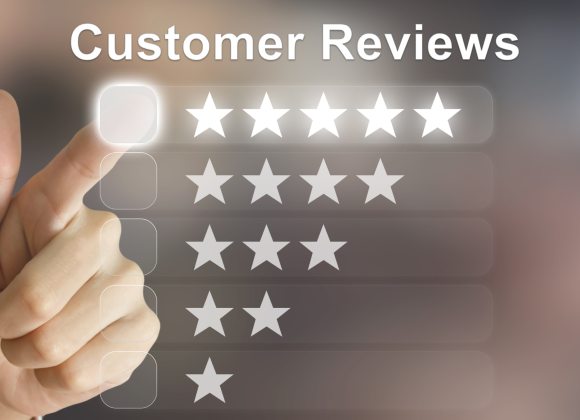17 Blockchain Applications and Real-World Use Cases 2024
Access to this data is granted only to authorised parties, such as doctors, hospitals, and insurance providers, with the patient maintaining control over who can view their records. There are many blockchain use cases ingovernment agencies, including voting applications and personal identification security. Thanks to the transparency enabled by the blockchain solution, Nestlé gained significant consumer trust and achieved the largest market share in China’s infant nutrition sector. DAOs are organizations that can operate autonomously and in a decentralized way through smart contracts, without having a central party pulling the strings and making decisions.
By leveraging blockchain’s cryptographic protections, medical data becomes nearly impossible to alter or hack. This not only strengthens privacy but also builds trust between patients and healthcare providers, as individuals gain confidence that their personal information is protected. By eliminating intermediaries, blockchain technology makes cross-border payments faster, cheaper, and more accessible. It removes the inefficiencies of traditional banking systems and empowers individuals and businesses to transfer money seamlessly across borders. In a world that is increasingly interconnected, blockchain is reshaping the way we think about international payments, creating opportunities for financial inclusion and economic growth.
The Advantages of Blockchain Technology
- Another 44% said the tech would be widely used within three years, while 18% reported it was still more than three years away from being widely used within their business.
- If we were to decentralize AI, AI algorithms could become Decentralized Autonomous Organizations (DAO).
- With blockchain enabling and normalizing the use of digital currencies, financial trading, and transactions are much faster and more secure than ever.
- But now “blockchain has a branding issue,” said Martha Bennett, an analyst at Forrester Research.
It digitizes the portfolio and existing holdings for wider market access, liquidity, and ease of transfer. Blockchain also improves investor and stakeholder governance through customizable, built-in privacy settings. Many of the current problems in media deal with data privacy, royalty payments and piracy of intellectual property.
The gaming industry has evolved rapidly over the last decade, becoming a multi-billion-dollar market that attracts millions of players worldwide. However, traditional gaming models limit the ownership and value of in-game assets such as weapons, characters, skins, and virtual land. In conventional games, players spend time and money to acquire these digital items, but they remain locked within the game’s ecosystem, controlled by the game developers.
Blockchain is a decentralized digital ledger that securely records, stores and verifies data. While a blockchain consists of a network of computers that can all update it, the data itself cannot be altered since a blockchain is immutable by nature. The inability to communicate seamlessly, due to blockchains operating as separate entities, prevents a network from becoming an exchange of assets and information. Interoperability solutions break these barriers by building bridges between various blockchain ecosystems. Projects like Polkadot and Cosmos use relay chains and hubs to allow blockchains to communicate with one another; this ensures a more connected and cooperative decentralized network. As a result, this not only makes the system scalable in general but https://officialbet365.com/ also opens up possibilities of novel cross-chain applications and DeFi.
Top 10 Blockchain Technology Trends
Binance Charity uses blockchain for transparent charitable donations, enabling donors to track and verify the impact of their contributions. Blockchain enhances transparency in disaster relief and humanitarian aid, ensuring funds reach their intended recipients. AidCoin uses blockchain to track donations and ensure transparency in humanitarian projects, facilitating more efficient and accountable aid distribution.
Guardtime employs blockchain for secure and transparent data integrity verification, fortifying cybersecurity measures against data breaches and manipulation. Blockchain provides secure and transparent public record keeping, reducing the risk of data manipulation. Georgia’s government, for instance, employs blockchain for secure land and property record keeping, ensuring the integrity of public records. Blockchain ensures secure, tamper-proof, and transparent voting systems, enhancing the integrity of elections.


